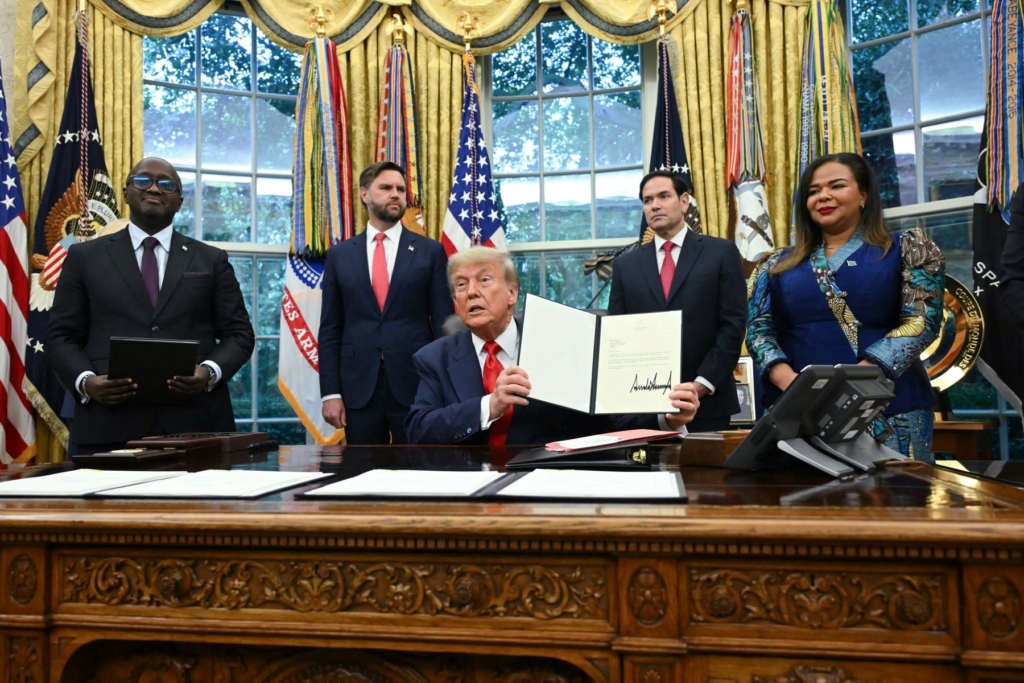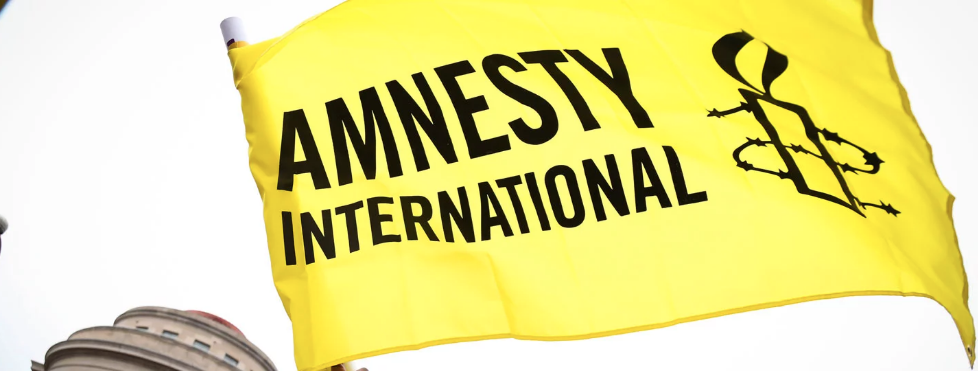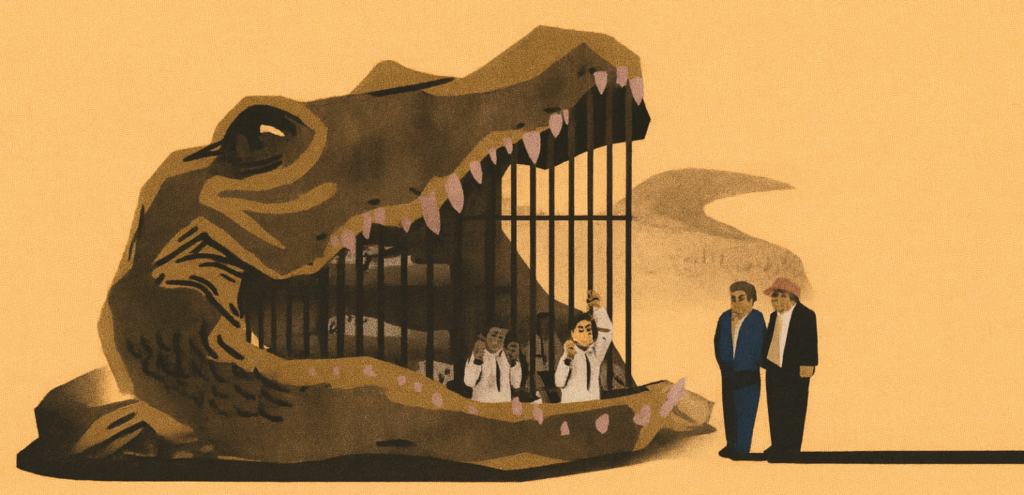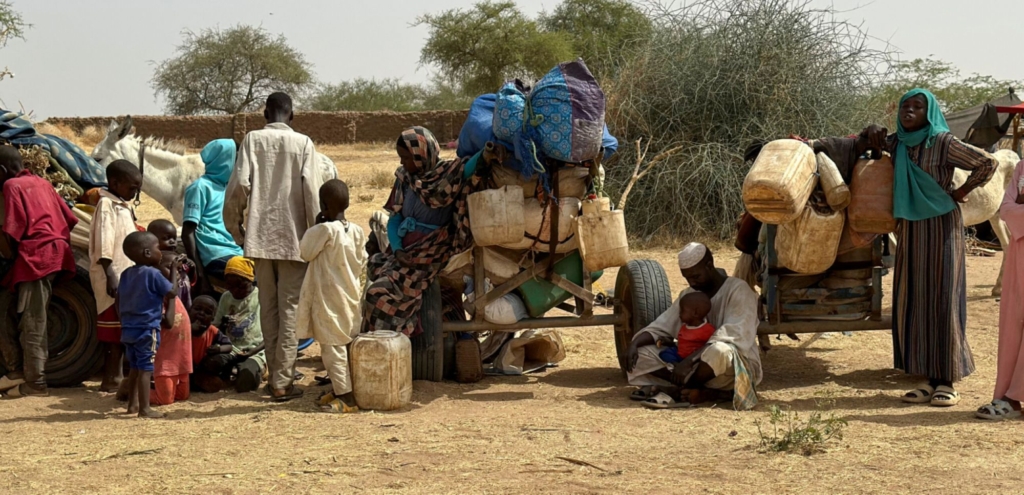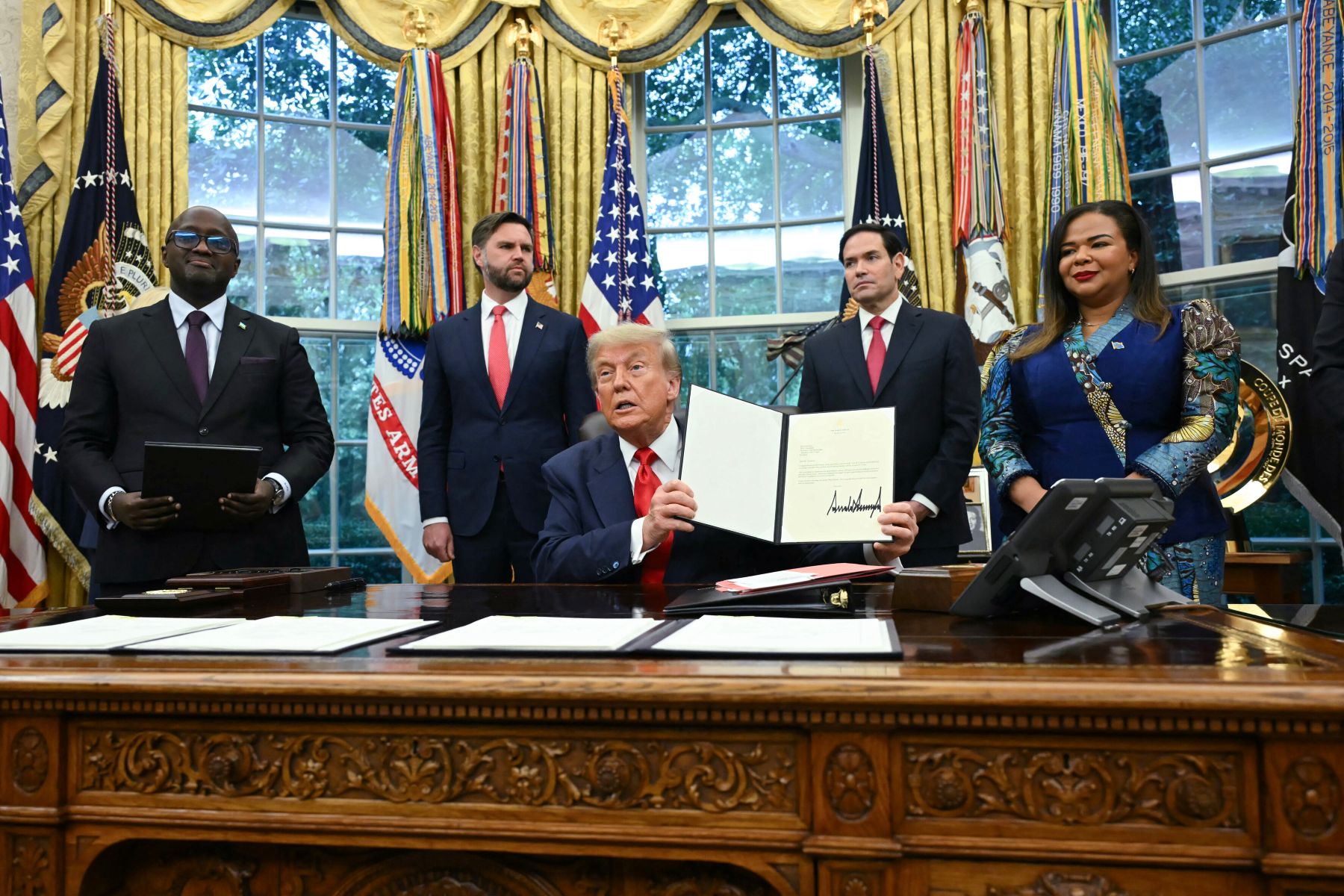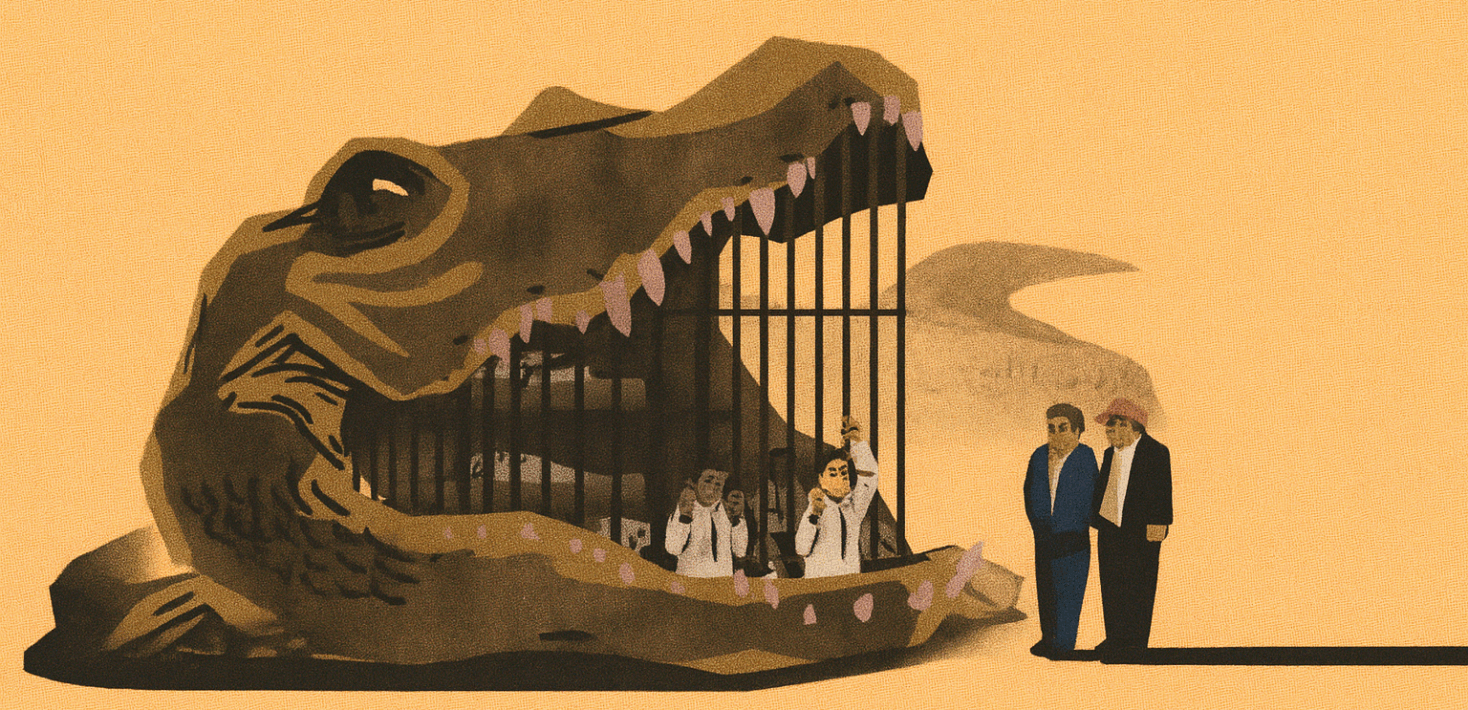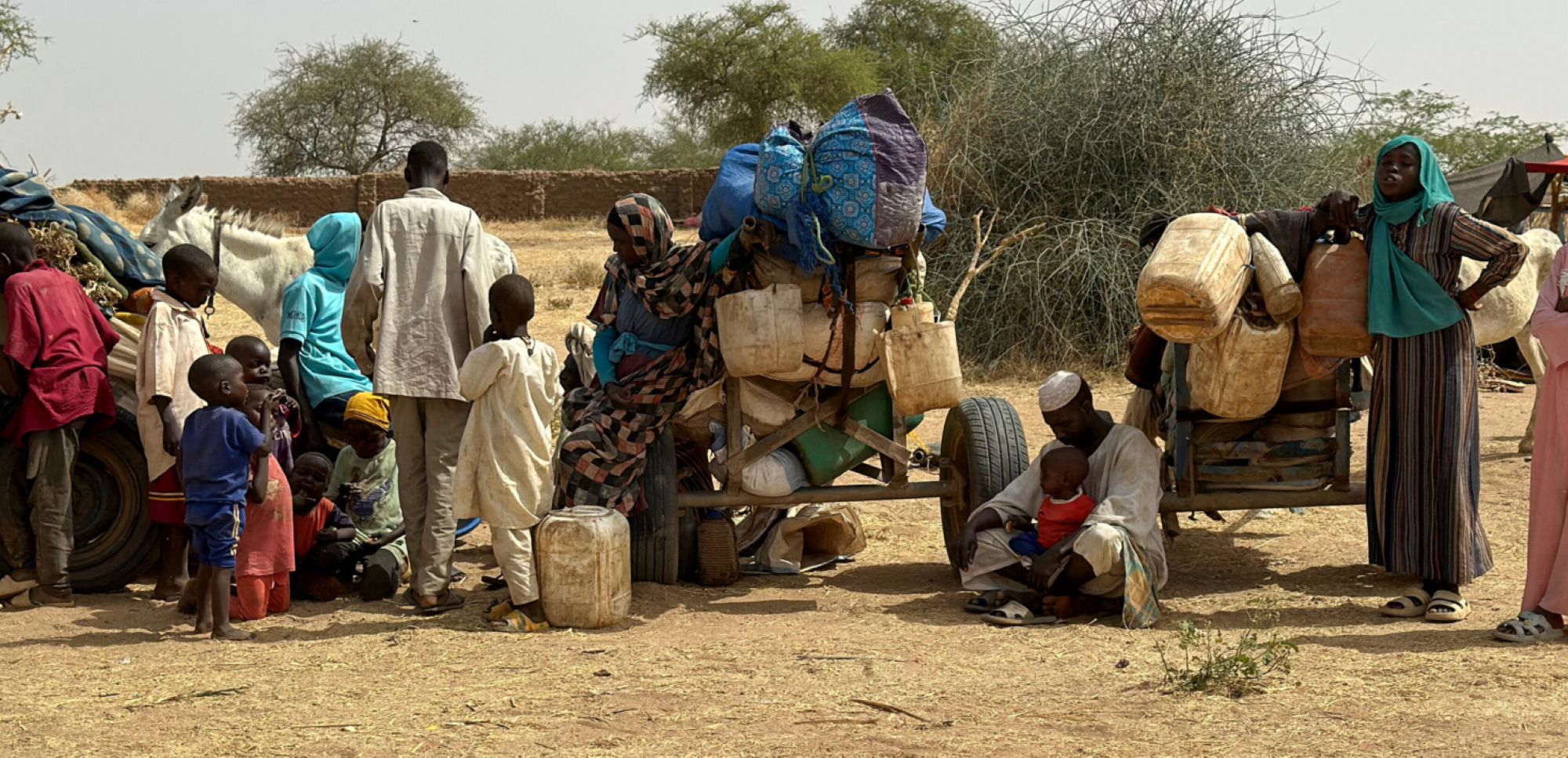Responding to news that the regional Economic Community of West African States’ (ECOWAS) Community Court of Justice has today rejected a ban imposed by Sierra Leone’s government preventing pregnant girls from sitting exams and attending mainstream school, Marta Colomer, Amnesty International West and Central Africa Acting Deputy Director Campaigns said:
“Today’s ruling is a landmark moment for the thousands of girls who have been excluded from school, and whose right to access education without discrimination has been violated for the past four years because of this inherently discriminatory ban.
“It is also a glimmer of hope for all those girls who if pregnant in the future will not be punished by being forced to leave school and not being able to sit exams.
“This also delivers a clear message to other African governments who have similar bans, such as Tanzania and Equatorial Guinea, or may be contemplating them, that they should follow this ground-breaking ruling and take steps to allow pregnant girls access to education in line with their own human rights obligations.
“Authorities in Sierra Leone must now implement this judgment without delay.”
For more information or to organise an interview, please contact Lucy Scholey, Media Relations, 613-744-7667 ext. 236, lscholey@amnesty.ca
Background
Today, the regional Economic Community of West African States’ (ECOWAS) Court of Justice sitting in Abuja (Nigeria) has rejected the 2015 government of Sierra Leone’s ban on pregnant girls from sitting exams and attending mainstream school.
The Court found that the policy barring pregnant school girls from attending mainstream schools amounted to discrimination against pregnant school girls in Sierra Leone, and breached provisions of the African Charter on Human and Peoples’ rights and other international law instruments to which Sierra Leone is a party. It ordered the policy to be revoked with immediate effect.
On 17 May 2017, a Sierra Leonean NGO (WAVES) in partnership with Equality Now and IHRDA, filed a case before the ECOWAS Court to challenge the ban. In June 2019, Amnesty International intervened as an amicus curiae (“friend of the court”).
The organisation has documented how the ban, imposed in 2015 by the then Minister of Education following the Ebola crisis, put the rights of thousands of girls under threat. It is not clear how many girls are affected by the ban. Official figures suggest three thousand, but experts mapping the situation indicate that the true figure is far higher.
Sierra Leone, Tanzania and Equatorial Guinea should follow the lead of a growing number of African governments which have adopted laws and policies that protect adolescent girls’ right to stay in school during pregnancy, demonstrating that an alternative approach is possible.
